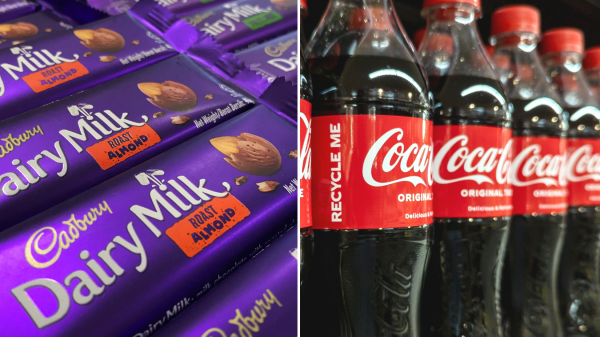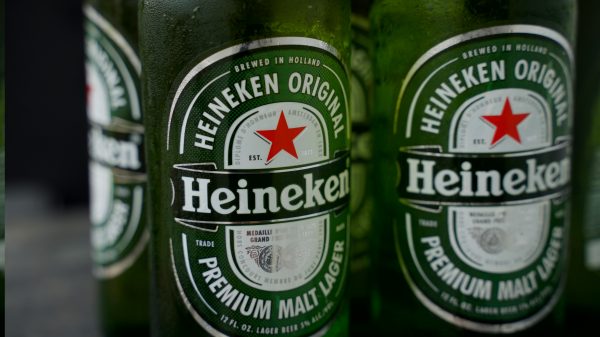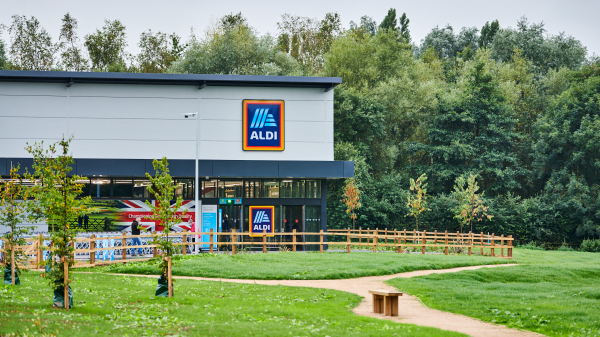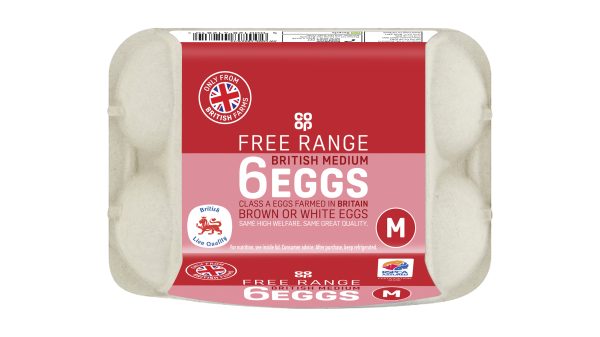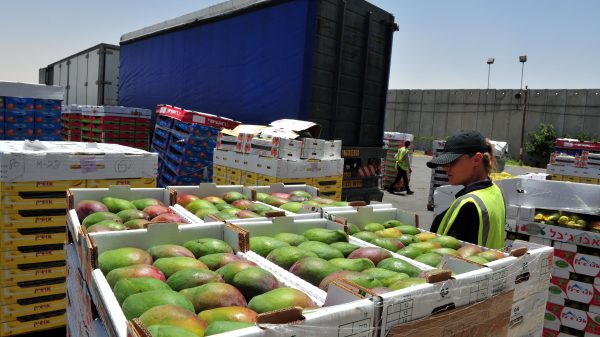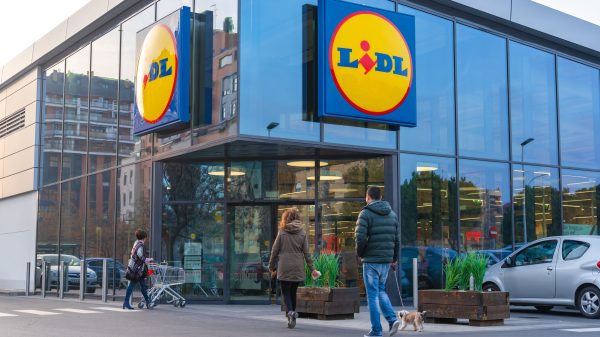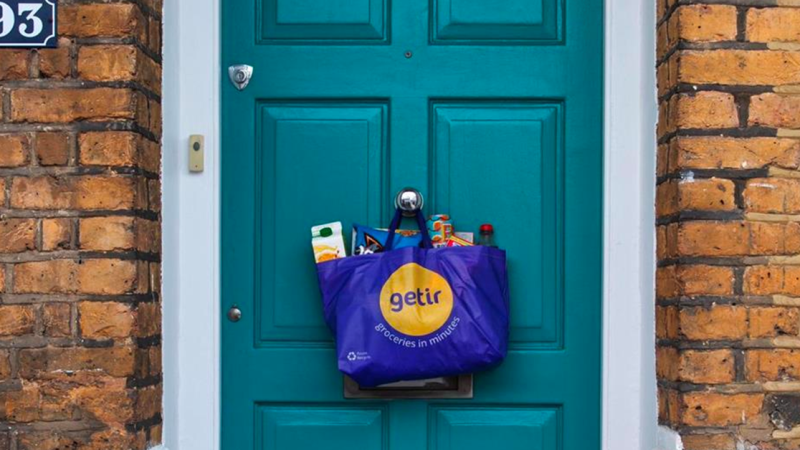“Customers are colourblind when shopping”, the managing director of Innocent Drinks and co-founder of Add Psalt, Sam Akinluyi says.
It sounds like a positive thing, but according to Akinluyi, just a handful of products on the supermarket shelves come from black-owned brands and it’s this lack of visibility which is proving to be problematic.
“When buying from a store customers do not see past the brand. No-one questions if it is a black-owned business or not, and that is just one of the problems black-owned businesses face,” he tells Grocery Gazette.
In response to this lack of visibility – and in the wake of the death of George Floyd and the Black Lives Matter (BLM) protests, So Solid Crew’s Swiss developed the idea of Black Pound Day, hoping to underpin long-term financial growth and infrastructure, empowering and motivating the Black community.
Taking place on the first Saturday of each month, the solution-based approach encourages consumers to replace their usual purchases with products from black-owned businesses and entrepreneurs.
But one day a month is not a viable solution. So what are grocers and brands doing to help?
Earlier this year, Big 4 grocer Sainsbury’s launched a 16-week incubator programme, Thrive with Sainsbury’s, for black-led start-up businesses. It included a £1 million commitment to supporting their transition to supermarket shelves.
Subscribe to Grocery Gazette for free
Sign up here to get the latest grocery and food news each morning
This move was made in partnership with Foundervine and Mission Ventures, which help entrepreneurial food and drink businesses seeking to grow but are facing barriers that might be holding them back.
According to the supermarket giant, these barriers include a lack of social capacity, networks, industry knowledge and inadequate funding.
Speaking about the programme, Sainsbury’s director of grocery innovation Silika Shellie-Manso said the move was a “new approach” for the supermarket; one which Shellie-Manso hopes will “drive meaningful change” in the retail sector.
Thrive was launched with the help of Add Psalt, a brand accelerator created to bring more diversity to the consumer goods industry. Co-founder Akinluyi, who spent 20 years in the consumer goods industry working for businesses such as Nestlé, General Mills and Mars, said out of thousands of brands on the supermarket shelves “only two or three” are black-owned; a “huge under-representation” when it comes to black founders both in-store and online.
Through an 18-week process of brand repositioning and mentoring, each brand, with the help of Add Psalt, is given the tools they need to scale up their business and gain confidence as founders.
Akinluyi says the company was initially launched as a response to George Floyd’s murder.
“It started with introducing young black people to the consumer goods industry – which is the biggest industry in the UK. You soon realise that despite the size of the sector, it hasn’t got the representation and diversity that some other industries have,” he says.
Tamoy Carter, the founder of Jamaica Rum Vibes, left his career in the bus industry to start the alcohol company made with a Jamaican overproof white rum, inspired by the country’s rum culture.
He described the process of being stocked in UK supermarkets – Jamaica Rum Vibes launched in symbol group retailer the Co-op first – as “a daunting experience, but also a rewarding one”.
Carter initially thought his lack of experience and funding was going to be the “most challenging part of the journey”, but he soon realised the food and drink industry was smaller then he had originally thought, in terms of access for new black-owned brands.
“Most people already know each other which can be daunting, but there are also many knowledgeable people out there willing to help you navigate your way through the industry,” he tells Grocery Gazette.
As founder of the coffee brand, Blue Turaco, Wycliffe Sande agrees with this sentiment. Like Carter, he found it hard getting into the industry, saying there are “various difficulties” black founders face when entering the world of retail.
“The lack of level playing field opportunities are just some of the issues black founders face, not to even mention the lack of funding and lack of connections in the FMCG industry,” he says.
“Investment is super hard to raise but it’s 100 times harder for black founders in this country, even with a great product which is retail ready.”
However, Akinluyi believes some of the problems black-owned business face are “much more downstream. He gives the example of not having “access to people who have the experience to help you grow your brand, the people that you are going to work alongside, the constant community that are supporting you… there’s so much more to it”.
Carter praises Sainsbury’s Thrive programme for launching active action plans for black-owned businesses, although he believes “more needs to be done”.
Also giving cautious credit for the work being done is Sande, who states: “Sometimes it’s easier to talk than act – but we are still at the beginning of this change and there is a lot of work to be done. We need to give credit where it’s due and you can see some movements by retailers to make some changes.”
“It’s one thing to bring young black people into the industry, but, if organisations aren’t open to difference, then it’s just diversity on paper,” Akinluyi warns.
“I will say to the retailers to keep making the airtime for black-owned brands, and doing it early. Invest for the long term through supporting infrastructures like us that gives that ongoing support and development.”


